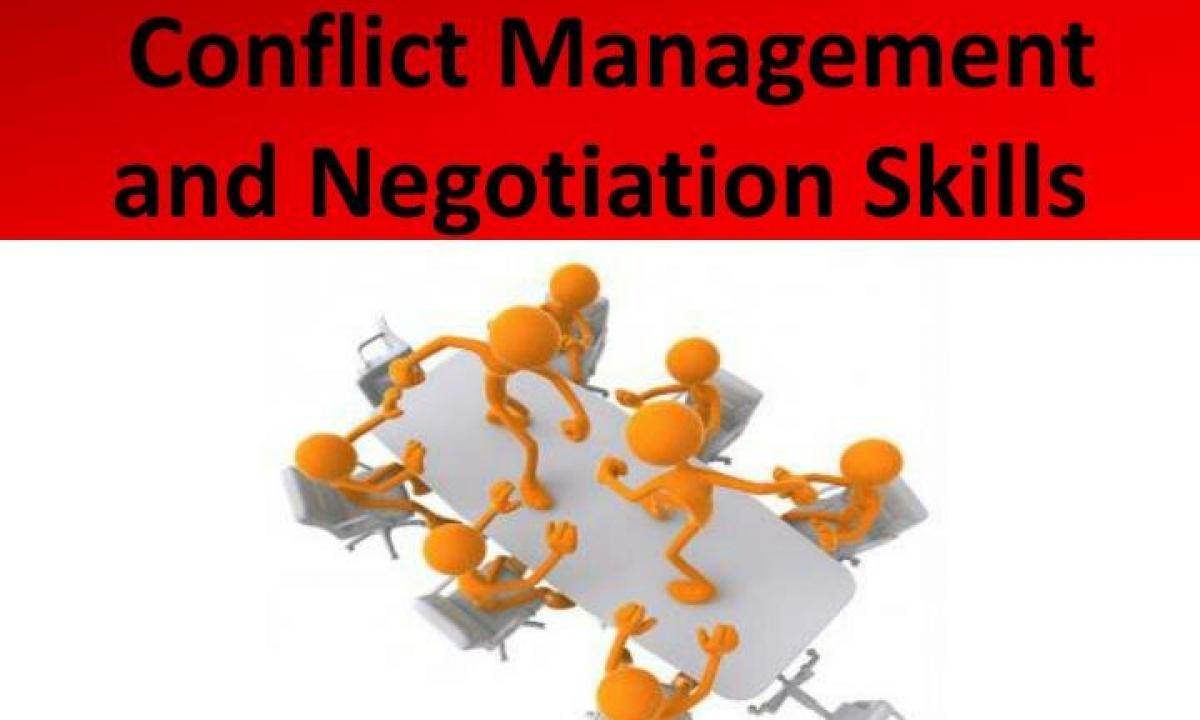Not everyone owns art to conduct frictionless negotiations, conversations. But the causes of the conflicts are extremely various, but the uniform general that is inherent in each disagreement – its stages of emergence and permission.
Main stages of the conflict
- First of all, there is a moment of origin of a conflict situation. So, its emergence can provoke the actions one or several people.
- Further there is an understanding of the available situation by one of heroes of the occasion. Then his emotional experience, reaction to this fact is noted. So, it can be expressed by change of mood, restriction of contacts with the opponent, critical statements in his address, etc.
- The next stage of emergence of the conflict develops into the period of open opposition. It is expressed by the fact that the one who the first realized conflictness in a situation passes to active actions. The last can be in the form of prevention, any statement. This action is carried out with the purpose to offend, cause damage to the opposite side, the interlocutor.
- That, in turn, takes into consideration that actions of his opponent are directed against it. Also active actions, but already towards the initiator of a conflict situation are taken.
- There is a development of the conflict having open character because participants safely declare the positions taken by them. They make certain demands. But it is important to consider the fact that not always participants are capable to realize completely personal interests and to understand the reason of origin of the conflict.
- Stage of permission, final of disagreements. It is reached or by means of a conversation, a request, belief, or an administrative method (the judgment, dismissal and so forth)
Stages of resolution of conflict
- Creation of the friendly atmosphere by carrying out the informal conversation lasting a couple of minutes before the main conversation.
- The aspiration of both parties to clear up communication with each other. Necessary material is prepared for negotiations. There are cases when opponents agree about uniform terminology, to the purpose to exclude equivoque of the same words.
- At least one party recognizes existence of the conflict. It is capable to open a way to peace talks.
- Both parties discuss all details promoting conflict resolution (place, time and under what conditions the truce will begin). Makes a reservation who exactly will take part in discussions.
- Disagreement borders are defined. Each party voices the point of view concerning in what for them this conflict is shown that she recognizes and that – no.
- Various options of permission of misunderstanding are analyzed. There is no criticism of the ways of the peace conclusion offered by the opponent.
- The stage of regulation of the conflict is characterized by the agreement found both parties. The offers capable to improve relationship of the former opponents are discussed.
Stages of the family conflicts
- As well as in any conflict, there is a period of origin and development. In most cases, disagreement arises at the initiative of one of spouses.
- The partner feels offended and painfully endures an act of the soulmate. As a result, in a rush of emotional experiences, it is capable to put verbal slap in the face of the to darling.
- This action cannot but touch the opposite side. As a result or one of spouses becomes with offense reserved (but sooner or later he will splash out it on another), or openly passes to certain actions in relation to the initiator of the conflict.
- There is an ordinary family quarrel during which from a fine half it is often possible to hear You do not love me!. Thus, the married couple declares the positions.
- As a result there comes truce, but whether it will have positive character or lovers, negative to joint life, depends only on their desire to keep family happiness.

